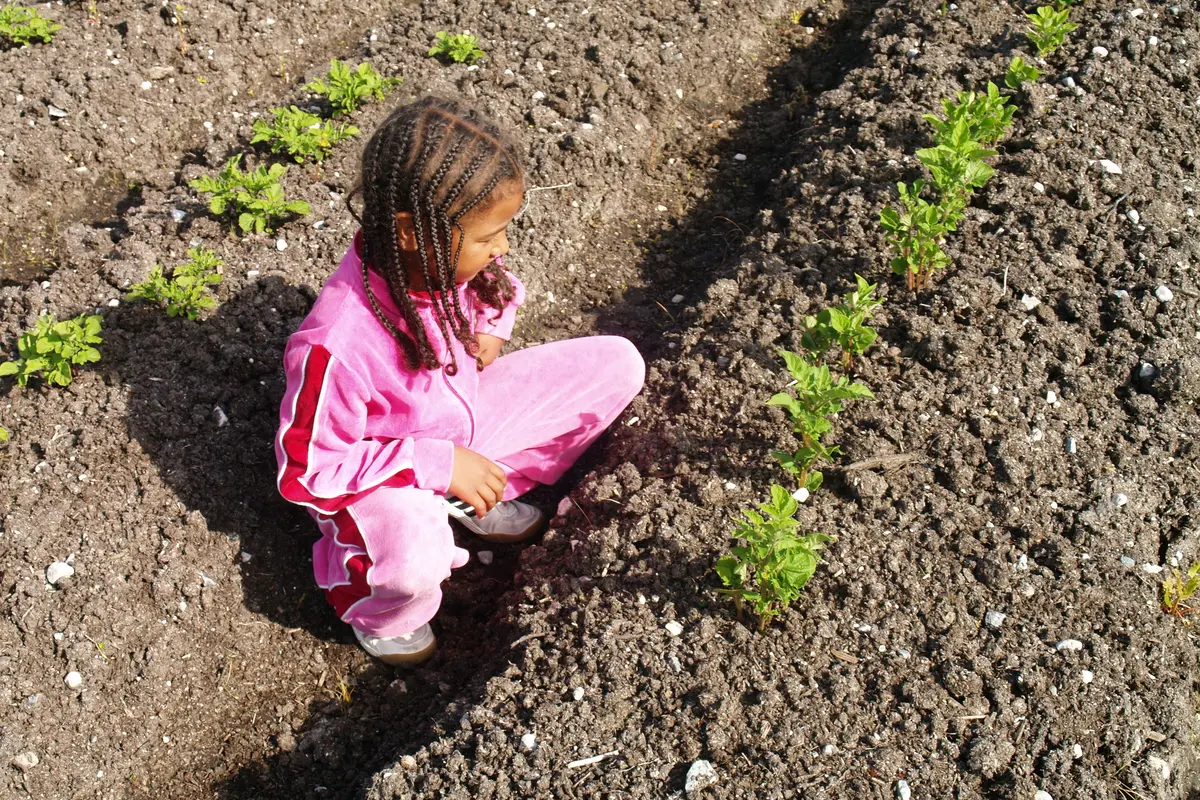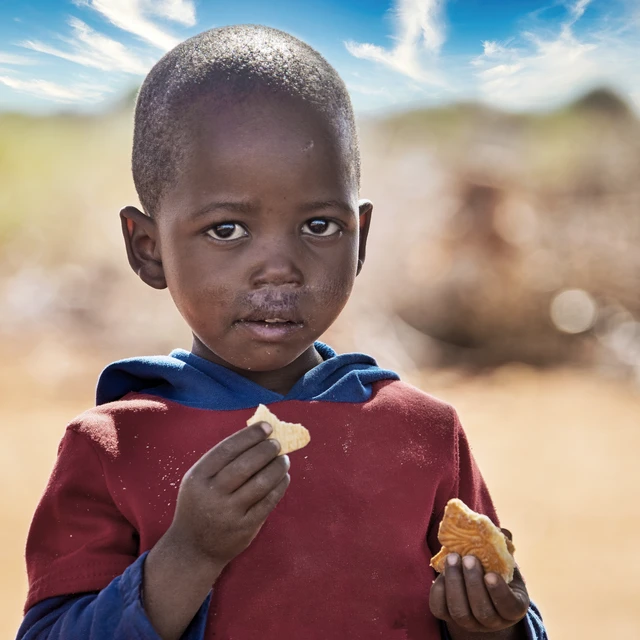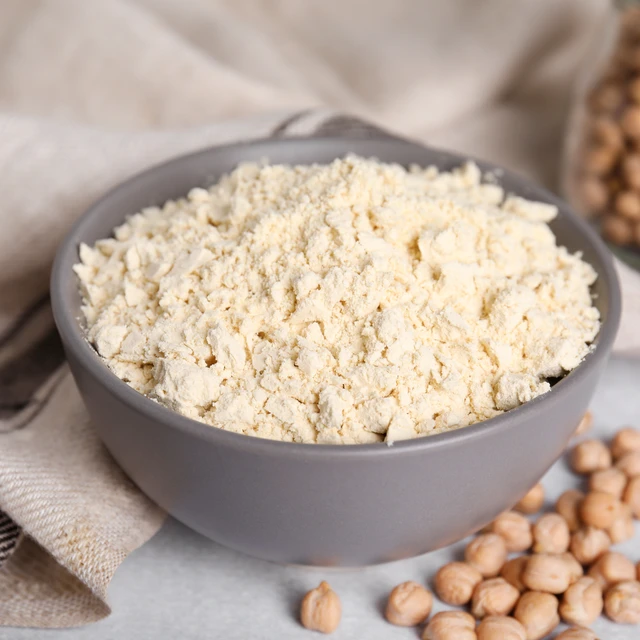Malnutrition and market access: interconnected challenge
Malnutrition has a devastating effect on many children in Ethiopia. Almost 40% of under-fives in the country are stunted, while 28% of child deaths are associated with malnutrition. Malnutrition rates in pregnant women are also high, impacting not just the mothers but their unborn children. At the same time, nutritious crops from more than 13 million farmers go unsold. That’s because market barriers prevent these smallholders from taking part in commercial value chains. Isn’t it time for a rethink?








